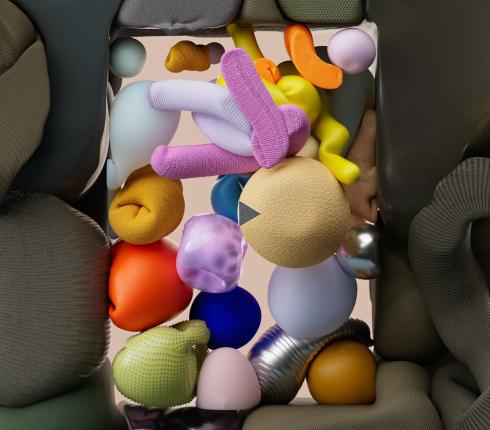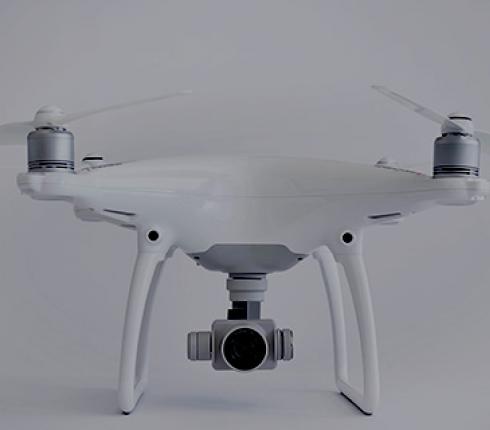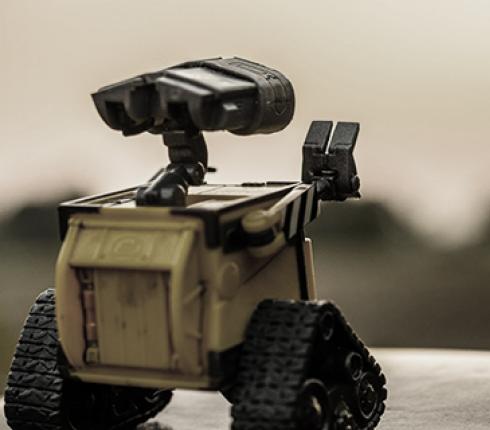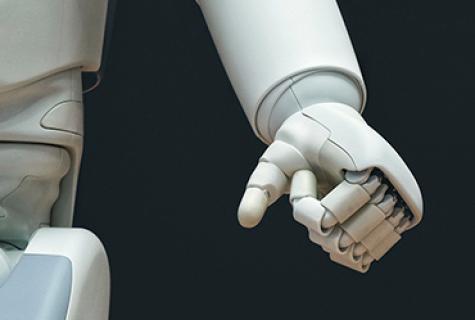NJORD Estonia: The use of AI in dermatology and skincare
AI is believed to have great potential in the field of dermatology and skincare. Currently, different solutions are being developed in order to personalise skincare for people. For example, algorithms can be developed, which make use of computer vision and machine learning in order to help people find the right skincare treatments for them. There are two ways how AI is used for this. First, it is possible to develop computer and mobile applications, which analyse the skin of a person based on the person’s selfie. The application analyses, what the person’s skin type is and what kind of products or treatments the person should use.
The second way how AI can be of help in the field of skincare, is the possibility to develop special applications for dermatologists or cosmetologists. These applications can help the professional to track whether and how the person has followed the advice of the dermatologist/cosmetologist and used the skin creams and other medicines prescribed by the dermatologist.
It is easy to imagine how helpful such apps can be. Skincare is probably a field of healthcare, where a personalized approach is most needed. People’s skins are of a very different nature and the way the skin responds to treatments, makeup, face creams and gels, humidity, etc is extremely individual. This is why apps such as the ones described above can be a real breakthrough for effective skincare. They can help the physician or cosmetologist to offer accurate solutions for the person.
The downside to this is that we cannot rule out the data protection risks with apps such as this. We all remember the recent concerns regarding FaceApp, which allows a person to upload a selfie and make various modifications to the photo, including changing the hair colour, makeup and even facial expressions of the person. Several privacy concerns were raised, including the question as to how long and where FaceApp stores the uploaded selfies. When it comes to apps in skincare, privacy concerns can be even more acute. This is because the uploaded selfies may constitute special categories of personal data. This would be the case when, for instance, it can be seen on the selfie that a person has rosacea, a rash or even acne. Strict rules apply when processing special categories of personal data.
Other legal concerns need to be addressed as well, such as who will be liable when the advice given by the app to the person is not accurate and results in damage to the health of the person.








